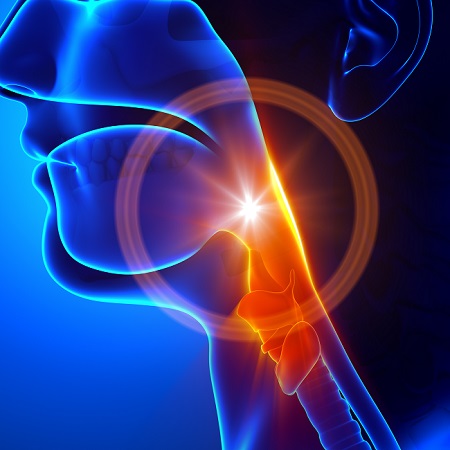The Layman’s Guide to Post-Nasal Drip
The glands in your nose are continually producing mucus to the tune of 2 to 3 quarts per day. The mucus is necessary to moisten and clean your nasal membranes, humidify the air you inhale, trap and clear foreign matter and fight infection. Usually, we swallow this mucus without really being aware of it. But when you’re aware of it accumulating in your throat or dripping from the back of your nose it’s known as post-nasal drip. The mucus is either thin and watery, or thick and white or yellow. It causes moderate discomfort for most of us but is generally more serious for people with asthma or other breathing disorders.
Why Does it Happen?
According to the American Academy of Otolaryngology, there are several possible causes of post-nasal drip including
- colds and flu
- allergies
- cold temperatures
- spicy foods
- pregnancy and other hormonal changes
- certain drugs (including estrogen-containing drugs, and high blood pressure medications)
- sinus infections
- dry heated air
- structural abnormalities (such as a deviated septum)
- acid reflux
Post-nasal drip is not a life-threatening condition and often resolves itself. However, if it lasts for more than a few weeks, or you notice a foul-smelling discharge or have difficulty breathing, you should see your doctor.
How Does it Affect Your Throat?
Post-nasal drip can, and often does, lead to a sore or irritated throat due to frequent efforts to clear the throat and breathing passages by coughing and throat-clearing. Even though there is usually no infection found, the tonsils and other tissues in your throat may swell, leading to discomfort or the sensation of something being stuck in the throat.
How is it Treated?
- Allergy-caused post-nasal drip can involve several different treatments including avoidance of the cause(s), newer, non-sedative antihistamines and decongestants, cortisone-based nasal sprays, and allergy shots or under-the-tongue allergy drops.
- Bacterial infections are treated with antibiotics.
- Gastroesophageal reflux is treated by elevating the head 6-8 inches for sleeping, avoiding foods and beverages for 2 to 3 hours before bedtime, and eliminating alcohol and caffeine from your daily diet. Over-the-counter and prescription drugs that block stomach acid productions might also be prescribed.
If you’re having a problem with post-nasal drip and you have asthma or suspect allergies are the culprit, contact us. At our office in Allen, Texas, we offer the latest diagnostic evaluations to properly diagnose and treat post-nasal drip and many other allergy-related problems.
